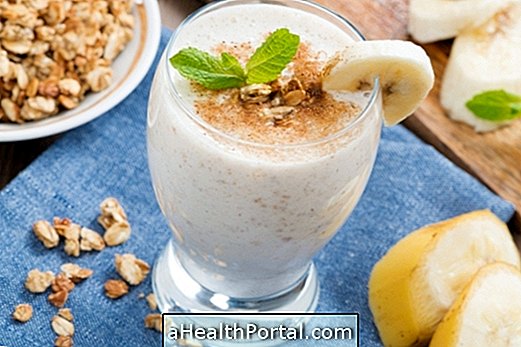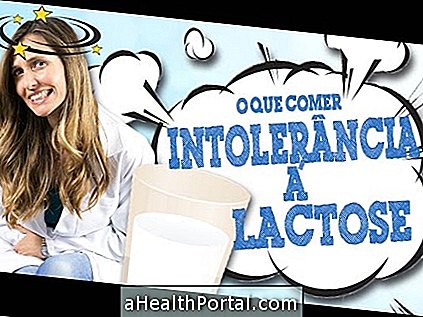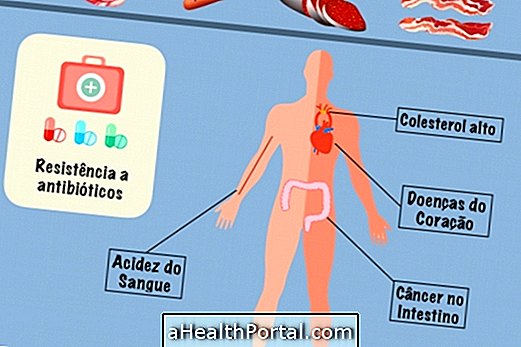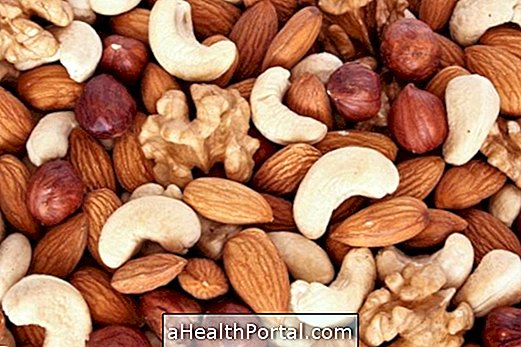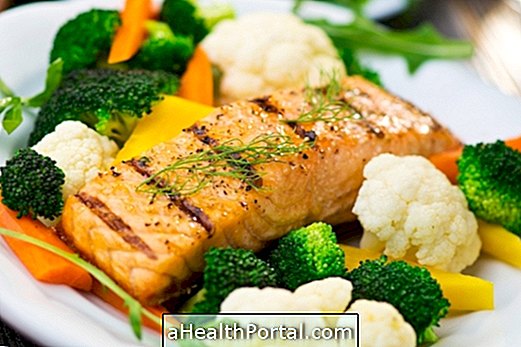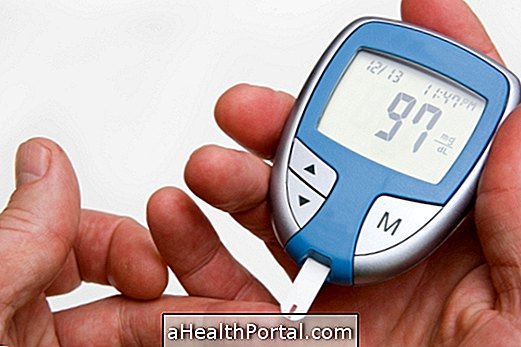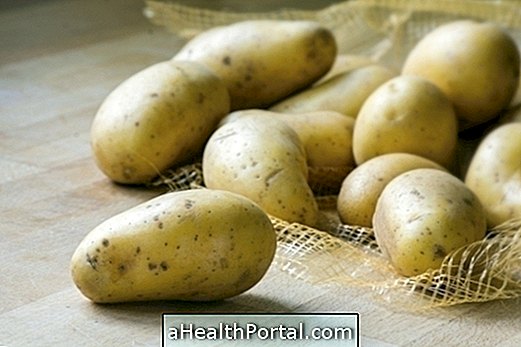Foods rich in omega-3s are excellent for the proper functioning of the brain and so can be used to improve memory by being conducive to studies and work. However, these foods can also be used as a therapeutic adjunct to depression and even in the treatment of chronic inflammations such as tendonitis. See more on Omega 3 in the treatment of depression.
Omega 3 is easily found in fish, but its highest concentration is in the skin of fish and therefore, it should not be removed. To ensure the presence of omega 3 it is important that the food is not cooked at high temperatures, nor is it fried.
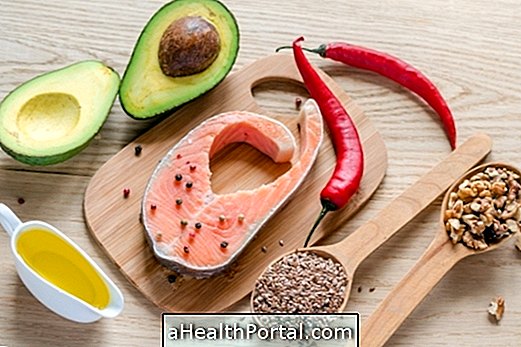
Table of foods rich in omega 3
The following table contains some examples of foods rich in omega 3 with their quantity.
| Food | Portion | Quantity in Omega 3 | Energy |
| Sardine | 100 g | 3.3 g | 124 calories |
| Herring | 100 g | 1.6 g | 230 calories |
| Salmon | 100 g | 1.4 g | 211 calories |
| Tuna fish | 100 g | 0.5 g | 146 calories |
| Chia seeds | 28 g | 5.06 g | 127 calories |
| Flax seeds | 20 g | 1.6 g | 103 calories |
| Walnuts | 28 g | 2.6 g | 198 calories |
Benefits of Omega 3
Among the benefits of omega 3 we can mention:
- Reduce PMS discomfort;
- Favor memory;
- Strengthen the brain. See: Omega 3 improves learning.
- Fighting depression;
- Combat inflammatory diseases;
- Reduce the risk of cardiovascular diseases;
- Decrease cholesterol;
- Improving children's learning ability;
- Improve the incomes of high competition athletes;
- Assist in the fight against osteoporosis, by increasing the absorption of calcium;
- Reduce the severity of asthma attacks;
- Help fight diabetes.
Omega 3 is divided into two parts, one long chain and the other short chain, the most desired for human consumption, because of its potential in the body, is the long chain omega 3 and this is only found in fish of such as those mentioned above.
Recommended Daily Omega 3 Dose
The recommended daily dose of omega 3 varies according to age, as shown in the following table:
| Age group | Required quantity of omega 3 |
| Baby up to 1 year | 0.5 g per day |
| Between 1 and 3 years | 40 mg per day |
| Between 4 and 8 years | 55 mg per day |
| Between 9 and 13 years | 70 mg per day |
| Between 14 and 18 years | 125 mg per day |
| Adult men | 160 mg per day |
| Adult women | 90 mg per day |
| Women in pregnancy | 115 mg per day |
See an example of a 3-day menu with foods rich in this nutrient.
Omega-3 enriched foods
Foods like butter, milk, eggs and breads can be found in the version enriched with omega 3, and are a good way to increase the consumption of this anti-inflammatory nutrient.
However, the quality and quantity of omega 3 in these foods is still small, and it is important to maintain the consumption of foods naturally rich in this nutrient, such as salmon, sardines, tuna, flaxseed and chia, which should be consumed at least 2 times a week.

In addition, it is also possible to use omega 3 supplements in capsules, which should preferably be taken according to the advice of the nutritionist or the doctor.
In addition to consuming omega 3, see also 4 tips to increase good cholesterol.
